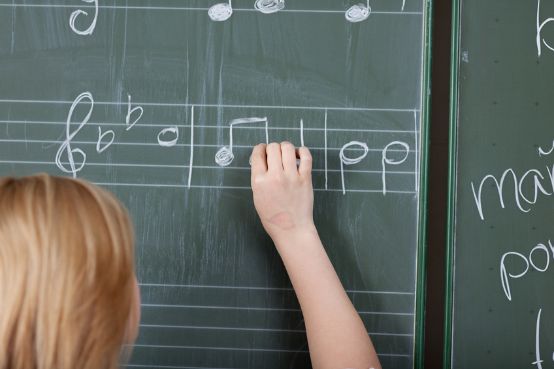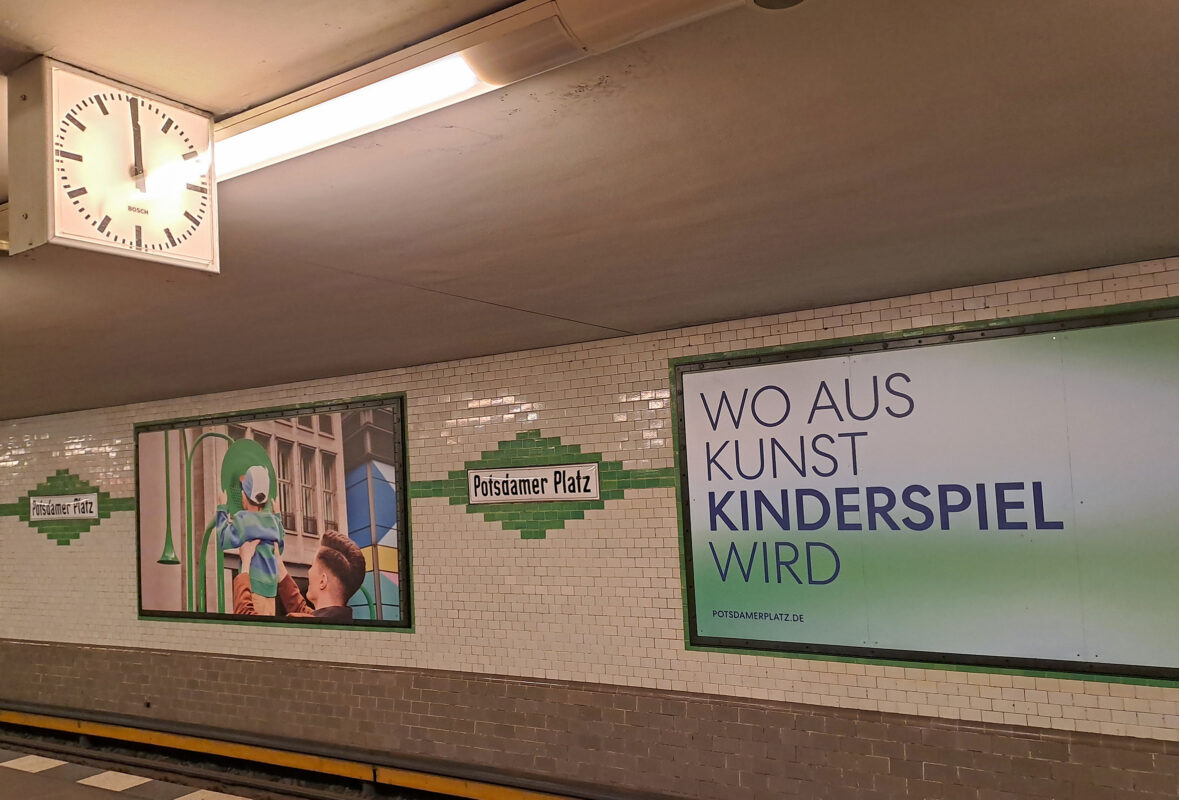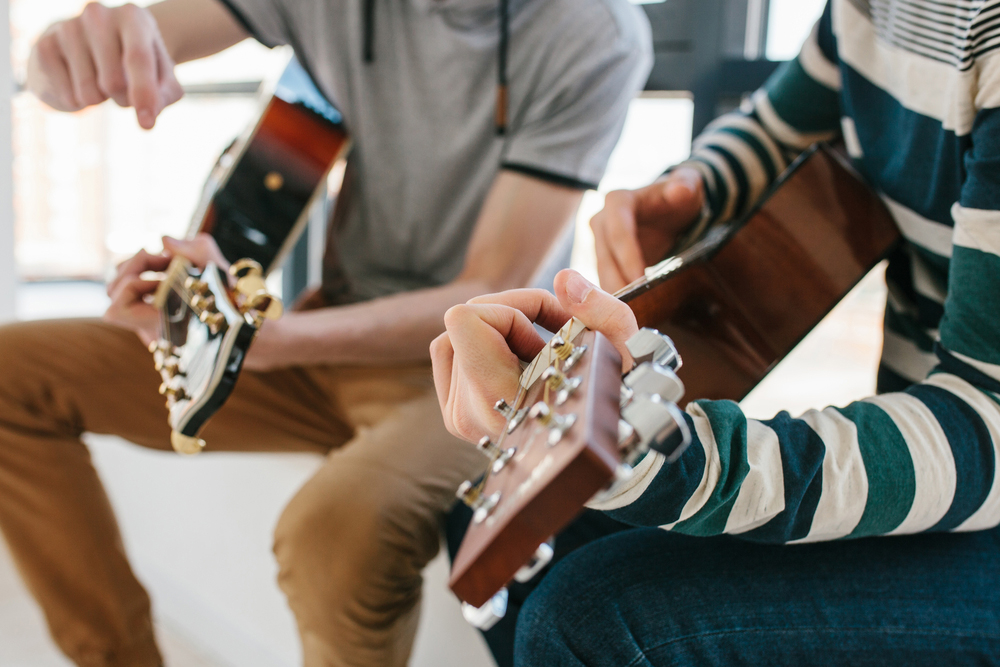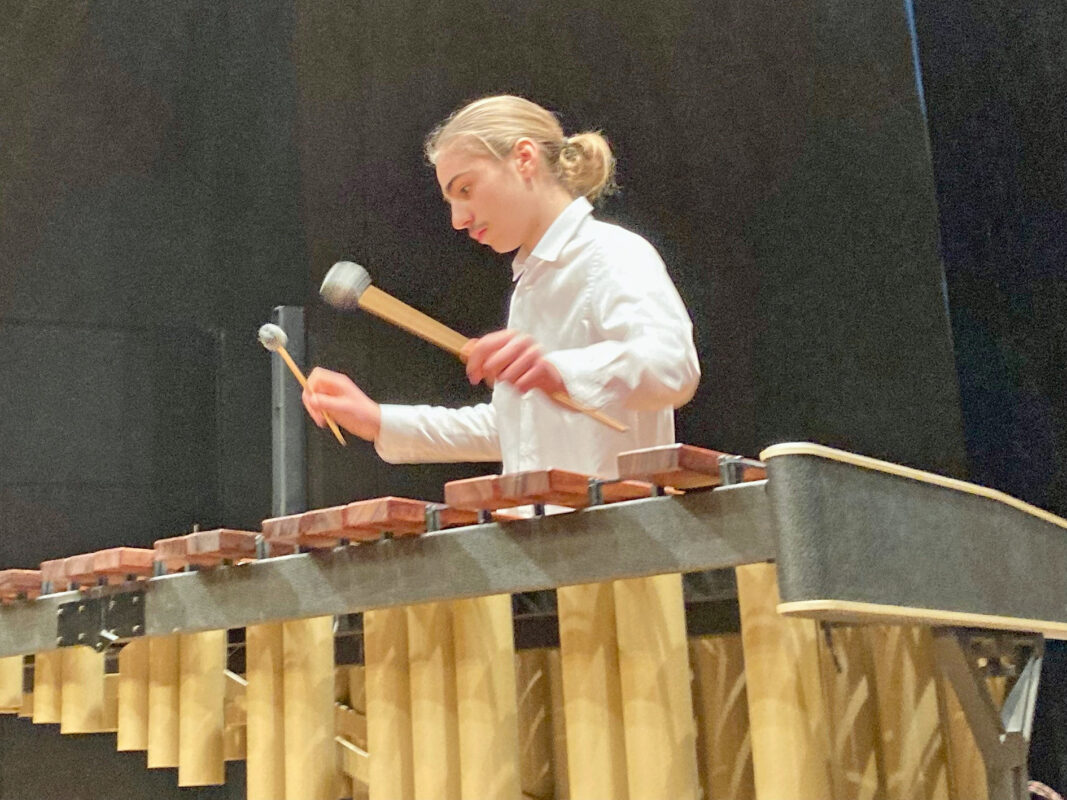Framework conditions for music lessons
The focus of this year's D_A_CH conference of AGMÖ, DTKV and SMPV in Ossiach was the question of the interlinking of schools and music schools, as well as the integration of instrumental and vocal pedagogy into the education system. All-day structures at schools are a challenge for instrumental and vocal teaching

The gradual introduction of all-day childcare at public schools today largely meets a social need and represents a profound change for the entire educational landscape. Music lessons at music schools and private music lessons are particularly affected by this. The more space public school takes up in pupils' lives, the more challenging it becomes to reconcile other educational activities - in terms of content and time - with it. For example, different pedagogical forms, individual and group lessons and, last but not least, different institutional forms and cultures must be coordinated. Just as there are not only a As there is no single solution for the all-day school model, there is also a variety of approaches in the area of cooperation. The discussion about this is in full swing in Austria, Germany and Switzerland. The discussion is most advanced with regard to the discussion of various cooperation models between elementary school and music schools in Austria, where this takes place within the framework of the BAGME (Federal Working Group for Music Education on behalf of the Austrian Federal Ministry for Education, the Arts and Culture). The fact that the level of the discussion and the consideration of music education specifics here certainly serves as a model for neighboring countries became clear in contributions on the cooperation between schools and music schools at the primary level (Peter Röbke), on "complex networks of effects of music learning" (Gerhard Hofbauer) and on the challenges that music schools face as a result of all-day school models (Michael Seywald). Werner Schmitt and Gerhard Müller took a look at the situation in Switzerland based on past and current approaches to talent development at the Konservatorium Bern music school. Examples of supplementary extracurricular musical education programs and platforms, which can of course also provide decisive musical impulses, were also provided by a review of the history of the Carinthian Children's Summer (a sustainable artistic-educational project as part of a major classical music festival, Gerda Fröhlich), as well as a portrait of the Federal Music Academy Rheinsberg/D Quartersounds (Ulrike Liedtke). For the time being, the project of an art school in Central Switzerland with special support for gifted students is still a dream of the future (Urs Vogel).
Continuous participation in the political process is essential
The final discussion expressed the unease that exists in all three countries about the often low priority that political decision-makers regularly give to music education problems in the course of education policy (reform) projects ("the ear of politics is often far away from us"). It became clear that the music associations must become even more involved in the political process in future and also make concrete demands of the responsible authorities instead of only getting involved on a case-by-case basis or even turning away from politics after setbacks. The Swiss constitutional article "musical education" was also mentioned in this context, the implementation of which is hardly less of a challenge for the associations than the previous referendum campaign, despite the excellent result of the vote.
Music education should start as early as possible
At the same time, an overarching problem was identified in the anchoring of music practice and musical education in society. Even among the generation of parents now aged 30-45, a lack of interest in music can often be observed, especially when it comes to classical serious music. Because musical education cannot only take place in daycare centers, on the contrary, it should start at home in the family, parents would now also be trainees - which can be achieved, for example, through offers such as parent-child singing. Overall, the panel was confident that future generations of pupils could be won over to active music-making in the long term. The brilliant evening concert "Alle Neune!!! Plus one (=South Tyrol)" (Austrian regional youth choirs) may have contributed to this confidence.








